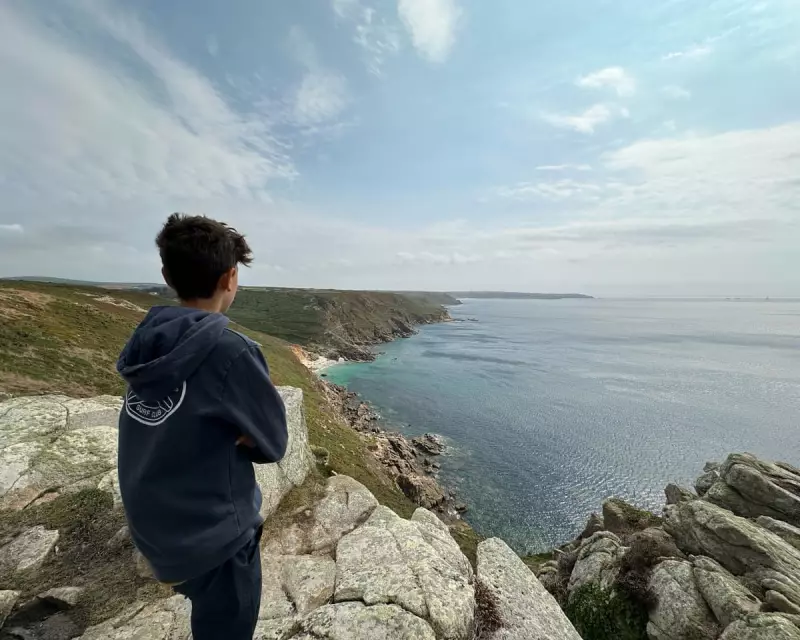
What began as a perfect surf trip to the golden shores of North Devon swiftly transformed into a painful lesson in coastal wildlife for one young adventurer. The idyllic summer scene at Croyde Beach—a surfer's paradise known for its rolling waves and crisp air—held a hidden, venomous secret beneath the sand.
The day was unfolding like a dream until a searing, electric pain shot through my foot the moment I stepped out of the water. It felt as if I'd been stabbed by a red-hot needle. I looked down to see a small, innocuous-looking puncture wound, the work of a common yet notoriously venomous resident of British waters: the lesser weever fish.
The Hidden Danger Beneath the Waves
Weever fish are masters of camouflage, spending their lives buried in the sand with only their eyes and venomous black dorsal fin exposed, waiting to ambush unsuspecting prey. For a human wading in the shallows, an accidental step is all it takes to trigger a defensive sting that delivers a potent neurotoxin.
The immediate agony is notorious, often described as sharp and burning, radiating up the limb. My own experience was no different—a throbbing, intense pain that made putting any weight on my foot impossible.
A Community Rushes to Help
The response was a testament to the camaraderie of the British seaside. Fellow beachgoers and lifeguards swung into action with practised efficiency. The well-known first-aid protocol for such stings was administered: the injured foot was immersed in water as hot as I could tolerate. Heat is crucial as it breaks down the protein-based venom, providing significant relief from the excruciating pain.
This simple, critical act of kindness was a lifeline. It underscored the importance of public awareness about these common marine hazards, especially as UK waters warm and attract more visitors.
A Painful Reminder of Our Changing Coasts
This painful encounter is more than just a personal anecdote; it's a microcosm of our relationship with the UK's marine environment. As climate change alters ocean temperatures and human activity increases, interactions with creatures like the weever fish could become more frequent.
The incident is a stark reminder of the delicate and often dangerous ecosystems thriving just off our popular beaches. It highlights the urgent need for greater public education on marine life and the essential work of conservationists striving to protect these complex habitats.
My surf trip ended not with a tale of the perfect wave, but with a profound respect for the hidden world beneath the surface and a reminder that even in our most beloved leisure spots, nature always demands respect.





